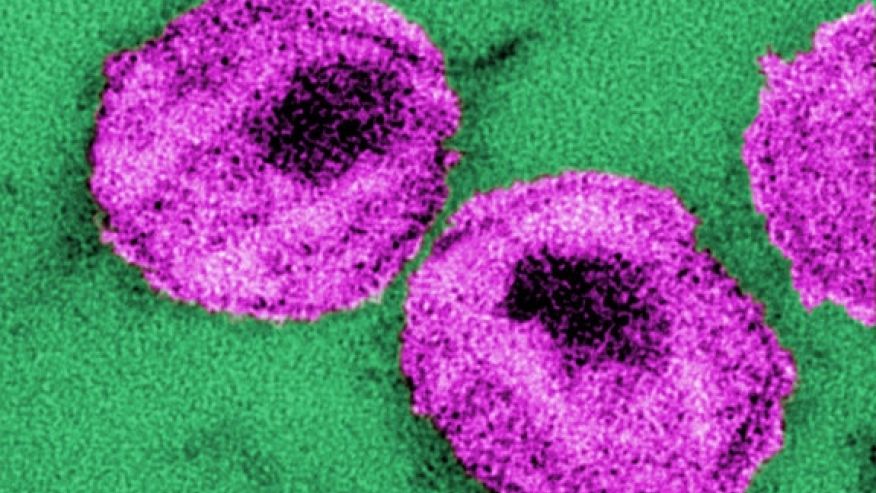A newly discovered protein found in sea coral may help prevent HIV infection, Medical News Today reported.
Discovered in feathery corals collected off the north coast of Australia, these proteins are called cnidarins and are able to block HIV without leading to resistance to other HIV drugs. This ability makes cnidarins ideal for inclusion in anti-HIV microbicides, such as gels and lubricants.
Theoretically, women would be able to use these anti-HIV gels and lubricants as protection, without having to rely on a condom.
Researchers at the National Cancer Institute (NCI) tested the protein on various lab strains of HIV and found them to be remarkably potent. The proteins appeared to bind to the virus and prevent it from penetrating the T cells in the immune system— the first step in the virus’ transmission.
Co-investigator Dr. Koreen Ramessar, an NCI research fellow, said this is “completely different from what we’ve seen with other proteins, so we think the cnidarin proteins have a unique mechanism of action.”
The research was presented at the Experimental Biology 2014 meeting on April 29. The scientists hope to produce the proteins in larger quantities in order to test them more thoroughly.



